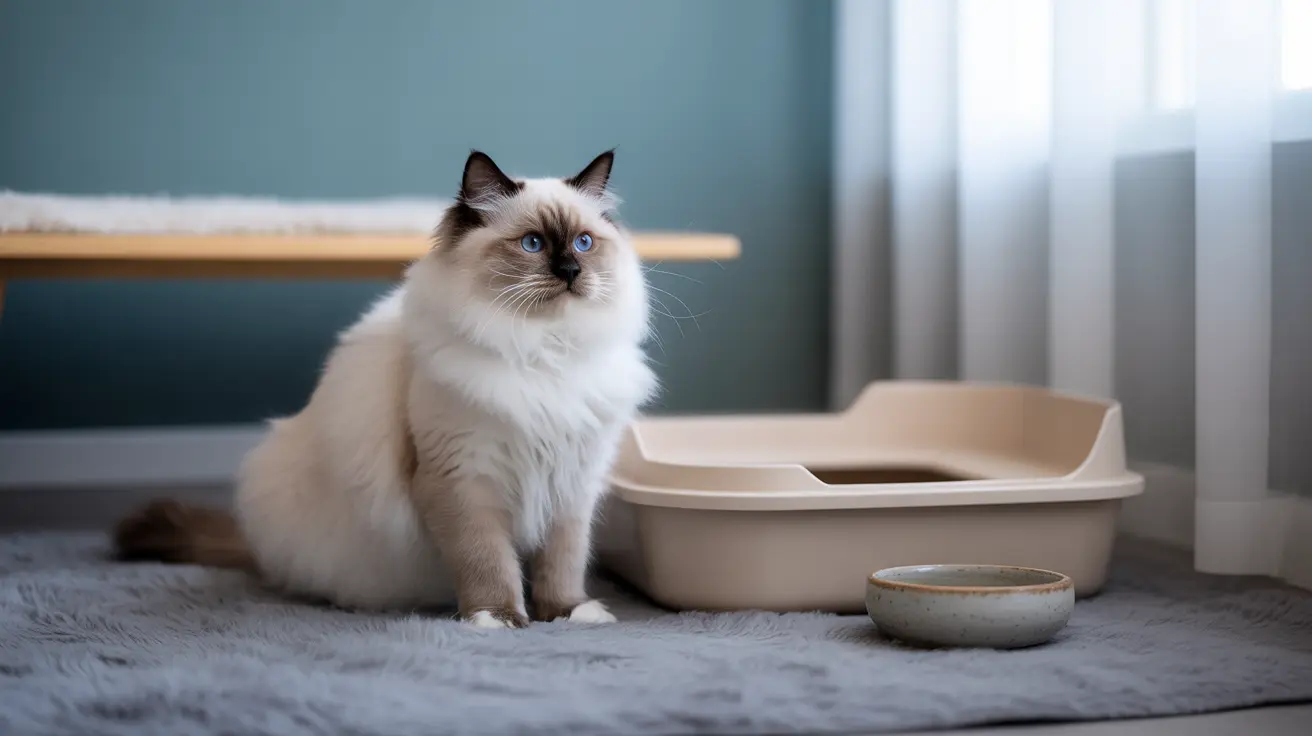For cat owners, understanding their pet's bathroom habits is crucial for monitoring health and wellbeing. While cats are typically regular with their bowel movements, many pet parents wonder how long cats can safely hold their poop and when to be concerned about changes in their elimination patterns.
In this comprehensive guide, we'll explore normal feline bathroom habits, what factors influence how long cats can hold their poop, and when delays in defecation become a cause for concern.
Normal Bowel Movement Patterns in Cats
Healthy adult cats typically defecate once or twice daily, though this can vary based on individual factors. Most cats maintain a fairly consistent schedule, usually having bowel movements every 12 to 36 hours. This pattern is influenced by diet, activity level, and overall health status.
Kittens tend to poop more frequently, often 2-4 times per day, while senior cats might have slightly less frequent bowel movements due to decreased activity and metabolic changes.
Maximum Time Cats Can Safely Hold Their Poop
While cats can physically hold their poop for up to 48 hours (two days), this doesn't mean they should. Healthy cats shouldn't go longer than 24-48 hours without a bowel movement. Beyond this timeframe, there's an increased risk of constipation and other health complications.
If your cat hasn't pooped for more than two days, it's essential to seek veterinary attention, as this could indicate an underlying health issue requiring medical intervention.
Common Causes of Delayed Bowel Movements
Diet-Related Factors
- Low-fiber diets
- Insufficient water intake
- Recent dietary changes
- Excessive hair ingestion leading to hairballs
Environmental Factors
- Stress or anxiety
- Dirty litter box
- Changes in routine or environment
- Limited access to litter box
Medical Issues
- Intestinal obstruction
- Megacolon
- Arthritis affecting mobility
- Neurological conditions
Warning Signs to Watch For
Several indicators suggest your cat might be having difficulty with bowel movements:
- Straining in the litter box
- Frequent unproductive trips to the litter box
- Crying or vocalization while attempting to defecate
- Decreased appetite
- Lethargy or unusual behavior
- Hard, dry stools when they do occur
- Vomiting or abdominal discomfort
Prevention and Management
To help maintain healthy bowel movements in your cat:
- Ensure constant access to fresh water
- Feed a balanced diet with appropriate fiber content
- Keep litter boxes clean and easily accessible
- Provide regular exercise and playtime
- Maintain a consistent feeding schedule
- Brush regularly to reduce hairball formation
Frequently Asked Questions
How long can healthy adult cats hold their poop before it becomes a health concern?
Healthy adult cats can typically hold their poop for up to 48 hours, but anything beyond 24-48 hours should be considered concerning and warrants veterinary attention.
What are the signs that my cat might be constipated or having trouble pooping?
Key signs include straining in the litter box, frequent unsuccessful attempts to defecate, crying while trying to poop, decreased appetite, and hard, dry stools when they do occur.
How often should kittens poop compared to adult cats?
Kittens typically poop 2-4 times daily, while adult cats usually go once or twice per day. This frequency naturally decreases as kittens mature.
What are the common causes of a cat not pooping regularly and how can I help?
Common causes include dehydration, low-fiber diet, stress, lack of exercise, and medical issues. Help by ensuring proper hydration, appropriate diet, clean litter boxes, and regular exercise.
When should I take my cat to the vet if they haven't pooped in a while?
Take your cat to the vet if they haven't pooped for more than 48 hours (24 hours for kittens) or if they show signs of distress, decreased appetite, vomiting, or unusual behavior.
Remember, maintaining regular observation of your cat's bathroom habits is key to detecting potential health issues early. While cats can hold their poop for some time, prolonged delays in defecation should never be ignored, as they could indicate serious health concerns requiring prompt veterinary attention.






